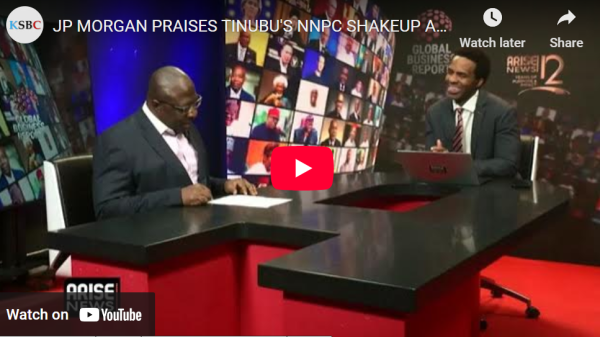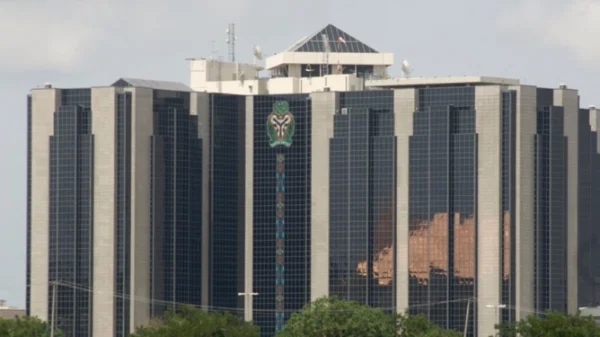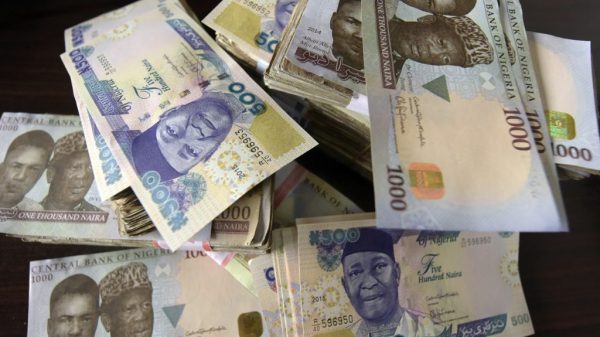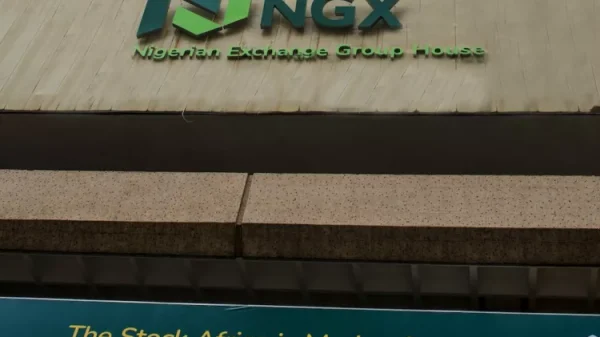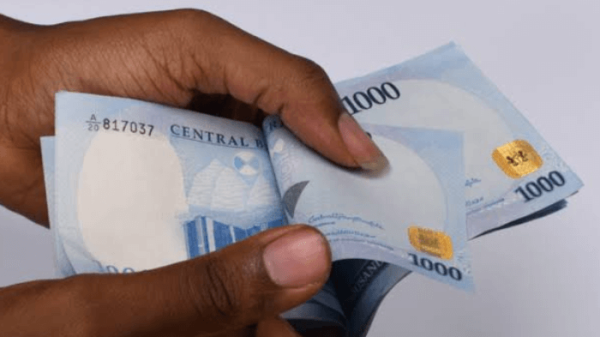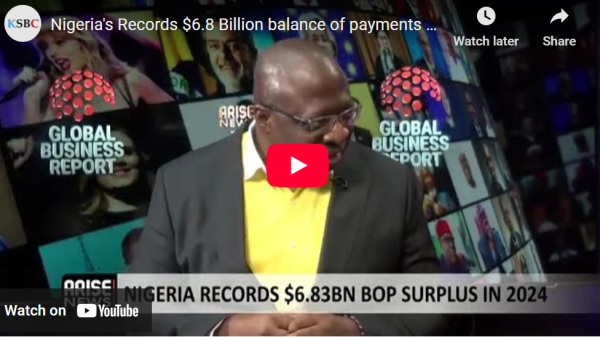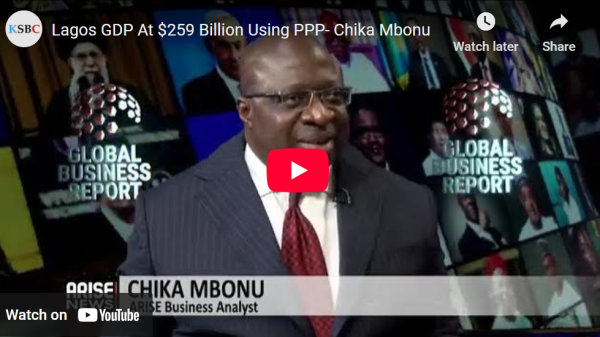It’s not just the pandemic that’s putting Nigerian bank earnings at risk: Competition for customers in the recession-hit economy is driving interest rates on loans lower.
Mid-tier lender FCMB Group Plc is forecasting that first-quarter earnings will fall more than 20% as rates decline, pushing the Lagos-based bank to accelerate lending to compensate for the profit squeeze. Guaranty Trust Bank Plc, Nigeria’s biggest bank by market value, reported flat interest income for the first nine months of 2020 compared with a year earlier.
“Customers have come forward to renegotiate rates and competitors are dropping rates,” FCMB Chief Financial Officer Kayode Adewuyi said by phone from Lagos, Nigeria’s commercial hub. “One way to counter that is to ramp up loan growth and ensure that your margins are healthy.”
“Looking into next year, we don’t expect such a significant move in the currency”
Customers are repricing loans after the central bank reduced its benchmark rate to the lowest since January 2016 and injected 3.5 trillion naira ($9 billion) of stimulus to support growth. Africa’s largest economy has been hard hit by lockdowns to contain the coronavirus outbreak and lower oil prices.

Nigerian lenders are contending with dollar shortages that dried up foreign investment inflows, a surge in provisions for doubtful debts and unpredictable regulations that very often come at their expense.
Escaping Bad Loans Is About to Get Harder for Nigerian Banks
Impaired loans could increase to between 10% and 12% of total credit by the end of next year, levels last seen in 2018, Fitch Ratings analysts including Mahin Dissanayake said in a Dec. 8 report. The expiry of relief measures might cause credit losses to jump, which may limit loans growth to 10% next year compared with 20% in 2019, they said.
Fitch estimates the economy will shrink 3% this year and expand 1.3% in 2021.
There’s been some reprieve as plunging bond yields make it cheaper for lenders to raise funding, although it cuts the returns they make from parking their money in government debt.
Nigeria Yields Close to Zero, With Investors Out of Options
United Capital Plc raised 15 billion naira in 270-day bonds at 1.26% last month. That compares with bank loans that vary from 11% for large customers to more than 28% for smaller businesses.
‘Trading Income’
The cost of funding dropped further when the central bank in September slashed the minimum interest lenders need to pay on savings accounts.
Until now, banks have relied on trading income and gains from the devaluation of the naira to boost earnings, Nkemdilim Nwadialor, a banking analyst at Tellimer’s unit in Lagos, said by phone.
“Looking into next year, we don’t expect such a significant move in the currency,” she said. “If there is no support from the trading line, and we see top-line interest income continuing to be pushed down on two fronts — interest on fixed-income securities and loans being depressed — earnings will drop.”




